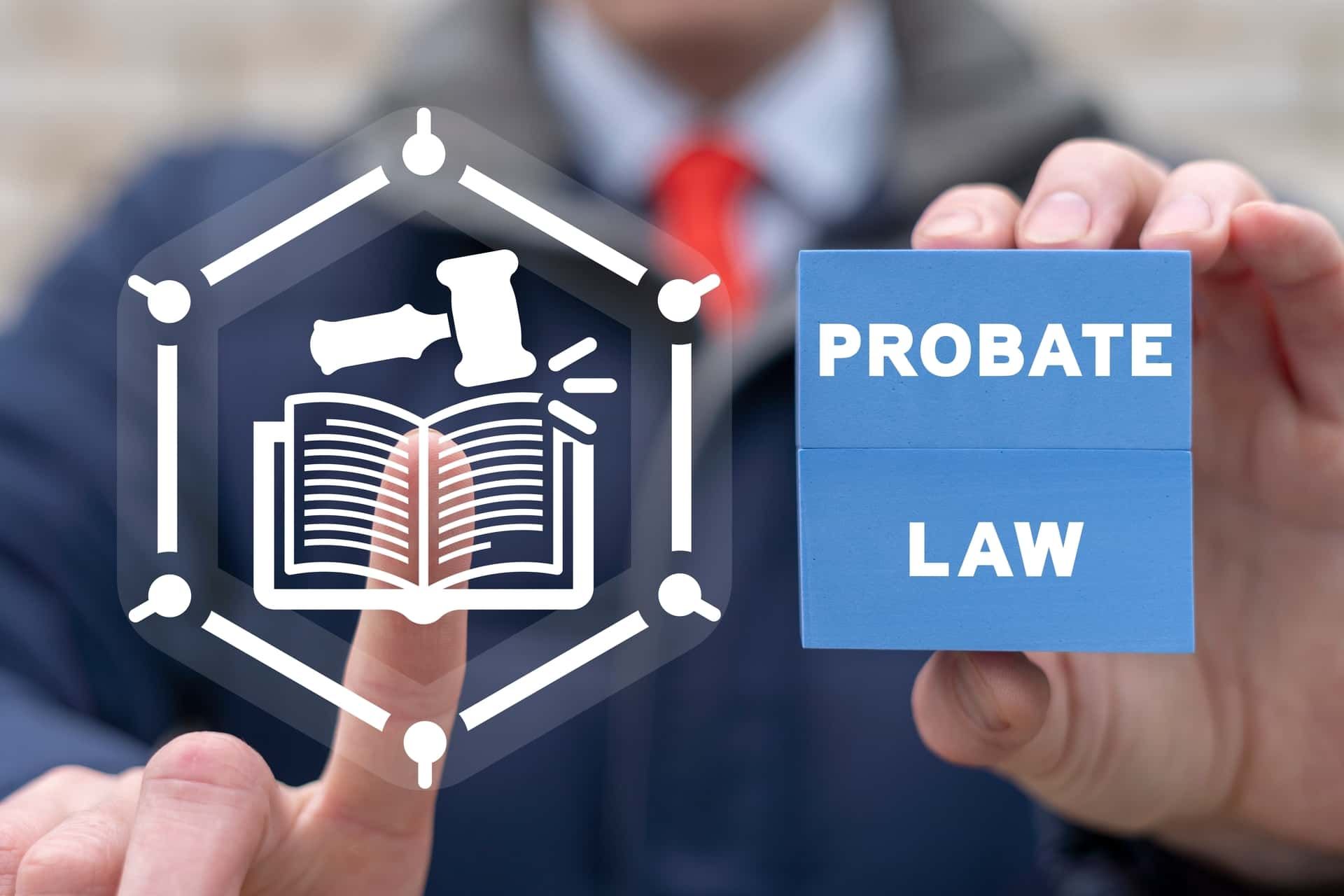Covid 101: The CARES Act and Tax Deductions
We are still in the midst of the coronavirus pandemic, and one piece of legislation passed back in March – the Coronavirus, Aid, Relief, and Economic Security Act (the CARES Act) – still has impact even today. One of the things that has not gotten as much press, but is a significant benefit as a result of the CARES Act is certain advantages for those who donate to charities.
In this article, we will talk a little about how the CARES Act could impact taxes in connection with gift planning, If you have additional questions, you need to speak with a tax planning attorney in Florida.
We invite you to contact The Law Office of Mary King, P.L. We are IRS lawyers in Florida who are laser-focused on tax strategies for individuals as well as small and mid-sized businesses. We provide services in all areas from debt settlement to planning. Call today at 941-906-7585 , or fill out our contact form. We are here to help you.
CARES Act Provisions with Tax Benefits that are Beneficial to Donors
There are a number of provisions that contain some tax deduction opportunities for taxpayers, including:
1. A charitable deduction for those who do not itemize their deductions,
2. A waiver of retirement-plan penalities related to coronavirus purposes,
3. Charitable deduction limit changes for individuals, and
4. Waiver of required minimum distributions.
1. Tax Deduction for Non-Itemizers
The CARES Act includes a provision that gives taxpayers who do not itemize their deductions the ability to claim a charitable deduction of up to $300 for any cash donation made in 2020. The good news, then, is that you can add an additional $300 to the money you put aside for charity. If you have the means, charitable donations would be a good idea this year, given all of the hardship that many non-profit organizations are facing. Plus, you can enjoy additional tax savings.
For example, say you are over 65, and your itemized deductions were $12,000. Well, then you would be better off using the standard deduction of $13,700. Further, if you gave $300 to charity, then you could claim the standard deduction of $13,700, deduct that additional $300, and you would have a total tax deduction of $14,000!
2. Waiver of Retirement-Plan Penalties
Most of us need an infusion of cash right now. With an unemployment rate soaring, and the economy not quite ready to open as new Covid-19 cases are increasing in over half the country, addition cash on hand is vital.
If you have a retirement plan, like an IRA, you now can withdraw money from the plan with no 10% penalty . That is a huge benefit. The only catch is that the money you are withdrawing must be related to the Covid-19 crisis. The removal of that 10% penalty is something any one under the age of 59 ½ years old should strongly consider.
3. Charitable Deduction Limit Changes
Normally, you could only deduct the amount of large cash gifts up to 60% of your adjusted gross income. This year, however, under the CARES Act you can deduct a large cash charitable gift to the extent of your entire adjusted gross income.
Suppose your income was $300,000 in 2019, yet you have a large amount of money in cash investments. So, assuming that you made a cash gift of $500,000, you normally would only be able to deduct $180,000, which is 60% of your $300,000 income. However, under the CARES Act, you can now deduct the full amount of your adjusted gross — $300,000. That extra $200,000 not used for deduction purposes can be carried over into next year’s deduction.
4. Waiver of Minimum Required Distributions
Prior to the CARES Act, people at age 72 were required to take distributions from their qualified retirement plans. Now with the CARES Act, there is no required distribution at all.
The reasoning behind that rule is because the coronavirus has harmed the economy so dramatically that most retirement plans have lost a considerable amount of money. Thus, it would be unfair to force people to take distributions when there is far less value in the retirement account. Thus, the CARES Act rule allows for funds in a retirement account to recover before people can take distributions.
In sum, there are many provisions in the CARES Act that have not gotten as much attention that could help your tax situation considerably, particularly if you are inclined and have the means to donate to charities that desperately need the donations. To make sure that you know about all of your tax options, you should consider using an experienced IRS tax attorney to help you.
Get the Help of Experienced IRS Lawyers in Florida
The Law Office of Mary King P.L. offers complete IRS problem-solving services including all areas from tax debt settlement to planning the most efficient tax strategy for individuals and businesses. Below is a list of some of the services attorney Mary King provides individuals and businesses in Florida and throughout the United States.
Handling any tax problems on your own is generally a bad idea, and enlisting an experienced tax professional is a must. Mary E. King has spent her career concentrating on tax law and can help you with any of these issues and more. By working as the buffer between clients and the IRS, Attorney King stands up to the IRS for her clients and protects their rights while working hard to get them the best tax debt relief available.
That helps explain why she’s received an A+ rating from the Florida Better Business Bureau. If you have a tax problem-related issue – no matter how small or how large – setting up an initial consultation with Mary E. King, one of the experienced IRS lawyers in Florida, is the first step you should take towards relief.
Call our IRS lawyers in Florida today to schedule an initial consultation. With years of experience, the Law Office of Mary E. King can make sure that your tax issues are resolved in your favor. Fill out our online contact form , or call us at 941-906-7585. Remember, at the Law Office of Mary E. King, we are focused on solving your tax issues for good.
Disclaimer: The information on this website and blog is for general informational purposes only and is not professional advice. We make no guarantees of accuracy or completeness. We disclaim all liability for errors, omissions, or reliance on this content. Always consult a qualified professional for specific guidance.
RECENT POSTS
CONTACT US






